FEODORA CN GEL

Product Description
According to the Uk Academy of Dermatology, acne is the most common skin condition in the UK, determining the best acne treatment for your skin is still a mystery to many. Acne treatments include prescription medications, including topical and oral varieties, and over-the-counter (OTC) skin care products.While first recommendation is usually to see a medical professional who specializes in dermatology, some mild acne types can be treated with simple OTC products.
For moderate to severe acne, prescription-strength treatments and the expert advice of a dermatologist may be necessary. Please keep reading to learn what causes acne and the appropriate treatment options for the various types of acne according to the pros.
What causes acne?
The cause of acne usually boils down to clogged pores when a mix of sebum, bacteria, and dead skin cells are trapped in a hair follicle. Each pore on the surface of skin is the opening to a hair follicle, which is made up of a hair and an oil gland. When working properly, the oil gland releases sebum that travels up the hair and out of the pore. The sebum reaches the skin, where its job is to keep skin lubricated. If part of this process goes awry, acne may occur. This can be due to excessive sebum produced by the oil gland, a buildup of dead skin cells, or the accumulation of bacteria — all of which can lead to clogged pores that contribute to the formulation of acne.
How can you determine which treatment is best for you?
Determining the best acne treatment for you depends on the type of acne and severity. The best way to determine the right acne treatment plan is to see a dermatology provider.There are many different types of acne, and treatment regimens vary from person to person.
A dermatologist will closely examine your skin to see which of the different types of lesions appear: Mild noninflammatory acne (aka comedonal acne) includes whiteheads and blackheads. Moderate inflammatory acne includes papules and pustules. Severe inflammatory acne includes nodules and cysts. Noninflammatory acne can usually be cleared up with OTC products containing active ingredients like salicylic acid and benzoyl peroxide, or prescription-strength topical retinoids. Inflammatory acne requires topical or oral prescriptions from a dermatologist to effectively treat. Though papules and pustules may clear up with OTC products alone, inflammatory acne is more likely to lead to scarring, so seeing a dermatologist is the best way to clear acne and prevent acne scars.
Both oral and topical antibiotics may be prescribed for more severe types of acne. clindamycin phosphate is a “topical antibiotic that is highly effective in killing bacteria and reducing inflammation. It is suitable for inflammatory and cystic acne.” Clindamycin phosphate works by stopping the growth of acne-causing bacteria on the skin. This results in fewer acne lesions over time. Niacinamide is helpful for tone and texture. It is less likely to be irritating to the skin compared to some other formulations.
What causes acne?
The cause of acne usually boils down to clogged pores when a mix of sebum, bacteria, and dead skin cells are trapped in a hair follicle. Each pore on the surface of skin is the opening to a hair follicle, which is made up of a hair and an oil gland. When working properly, the oil gland releases sebum that travels up the hair and out of the pore. The sebum reaches the skin, where its job is to keep skin lubricated. If part of this process goes awry, acne may occur. This can be due to excessive sebum produced by the oil gland, a buildup of dead skin cells, or the accumulation of bacteria — all of which can lead to clogged pores that contribute to the formulation of acne.
How can you determine which treatment is best for you?
Determining the best acne treatment for you depends on the type of acne and severity. The best way to determine the right acne treatment plan is to see a dermatology provider.There are many different types of acne, and treatment regimens vary from person to person.
A dermatologist will closely examine your skin to see which of the different types of lesions appear: Mild noninflammatory acne (aka comedonal acne) includes whiteheads and blackheads. Moderate inflammatory acne includes papules and pustules. Severe inflammatory acne includes nodules and cysts. Noninflammatory acne can usually be cleared up with OTC products containing active ingredients like salicylic acid and benzoyl peroxide, or prescription-strength topical retinoids. Inflammatory acne requires topical or oral prescriptions from a dermatologist to effectively treat. Though papules and pustules may clear up with OTC products alone, inflammatory acne is more likely to lead to scarring, so seeing a dermatologist is the best way to clear acne and prevent acne scars.
Both oral and topical antibiotics may be prescribed for more severe types of acne. clindamycin phosphate is a “topical antibiotic that is highly effective in killing bacteria and reducing inflammation. It is suitable for inflammatory and cystic acne.” Clindamycin phosphate works by stopping the growth of acne-causing bacteria on the skin. This results in fewer acne lesions over time. Niacinamide is helpful for tone and texture. It is less likely to be irritating to the skin compared to some other formulations.
Ingredients
Clindamycin Phosphate USP
Clindamycin 1% w/w
Nicotinamide IP 4% w/w
In Gel base Q.S
Clindamycin Phosphate USP
Clindamycin 1% w/w
Nicotinamide IP 4% w/w
In Gel base Q.S
Introduction
FEODORA CN Gel is a combination of two medicines: Clindamycin and Nicotinamide, which treats pimples (acne). Clindamycin is an antibiotic which works by penetrating into the skin and killing acne-causing bacteria. Nicotinamide is a form of vitamin B. It exerts anti-inflammatory effects when applied to the skin and reduces swelling, redness and tenderness associated with acne.
This medication is used to treat acne. It helps to decrease the number of acne lesions. In fact, FEODORA CN Gel is an antiacne preparation that is used for the management of acne, whiteheads and blackheads. It contains Clindamycin and Nicotinamide as the main ingredients. Clindamycin present in this, it also helps reduce acne scars and prevent acne.
Clindamycin is a topical antibiotic that doctors may prescribe to treat acne. According to the British Association of Dermatologists , clindamycin is a first-line acne treatment for mild to moderate acne. However, you usually won’t use it as your only acne treatment.
Niacinamide is like a magic potion that works for a whole slew of skin types and concerns. It helps with improving dullness and tone, reducing fine lines and wrinkles, and general improvement of skin texture. Niacinamide also plays well with other common skincare ingredients, making it a great addition to any routine.
It is less likely to be irritating to the skin compared to some other formulations.
FEODORA CN Gel is a combination of two medicines: Clindamycin and Nicotinamide, which treats pimples (acne). Clindamycin is an antibiotic which works by penetrating into the skin and killing acne-causing bacteria. Nicotinamide is a form of vitamin B. It exerts anti-inflammatory effects when applied to the skin and reduces swelling, redness and tenderness associated with acne.
This medication is used to treat acne. It helps to decrease the number of acne lesions. In fact, FEODORA CN Gel is an antiacne preparation that is used for the management of acne, whiteheads and blackheads. It contains Clindamycin and Nicotinamide as the main ingredients. Clindamycin present in this, it also helps reduce acne scars and prevent acne.
Clindamycin is a topical antibiotic that doctors may prescribe to treat acne. According to the British Association of Dermatologists , clindamycin is a first-line acne treatment for mild to moderate acne. However, you usually won’t use it as your only acne treatment.
Niacinamide is like a magic potion that works for a whole slew of skin types and concerns. It helps with improving dullness and tone, reducing fine lines and wrinkles, and general improvement of skin texture. Niacinamide also plays well with other common skincare ingredients, making it a great addition to any routine.
It is less likely to be irritating to the skin compared to some other formulations.
Direction
Use this medication only on the skin. Follow all directions on the product package/ leaflet, or use as directed by your doctor. Wash your skin with a mild cleanser and pat it dry before using FEODORA CN Gel. Apply it as a thin layer onto clean, dry, unbroken skin affected by acne. It may cause minor burning, stinging or irritation when applied. Inform your doctor if this does not go away.Apply twice daily on the affected area, morning and night.
During the course of the treatment, do not touch, prick or scratch the infected skin areas as this may worsen or spread the acne. Avoid unnecessary sun exposure and use a sunscreen before stepping out in the sun. It is also advised, not to receive any cosmetic procedures without asking your doctor.
Use this medication only on the skin. Follow all directions on the product package/ leaflet, or use as directed by your doctor. Wash your skin with a mild cleanser and pat it dry before using FEODORA CN Gel. Apply it as a thin layer onto clean, dry, unbroken skin affected by acne. It may cause minor burning, stinging or irritation when applied. Inform your doctor if this does not go away.Apply twice daily on the affected area, morning and night.
During the course of the treatment, do not touch, prick or scratch the infected skin areas as this may worsen or spread the acne. Avoid unnecessary sun exposure and use a sunscreen before stepping out in the sun. It is also advised, not to receive any cosmetic procedures without asking your doctor.
Side Effects
Remember that your doctor has prescribed this medication because he or she has judged that the benefit to you is greater than the risk of side effects. Many people using this medication do not have serious side effects. Doctors usually associate topical FEODORA CN Gel with minimal side effects. Most of the time, if you have a reaction to the topical application, you can either apply less of the FEODORA CN Gel or discontinue its use. Burning, itching, dryness, redness, oily skin or skin peeling may occur. If any of these effects persist or worsen, notify your doctor or pharmacist promptly You can also develop antibiotic resistance to topical clindamycin. If you experience a skin infection later on, antibiotic resistance can mean topical clindamycin may not help the infection. That’s why your doctor will usually prescribe FEODORA CN Gel for the shortest yet most effective amount of time possible. This medication may be absorbed into your bloodstream and very rarely cause a severe intestinal condition due to a bacteria called C. difficile. This condition may occur during treatment or weeks to months after treatment has stopped. Tell your doctor right away if you develop: diarrhea that doesn't stop, abdominal or stomach pain/cramping, blood/mucus in your stool. If you have these symptoms, do not use anti-diarrhea or opioid products because they may make symptoms worse.
Remember that your doctor has prescribed this medication because he or she has judged that the benefit to you is greater than the risk of side effects. Many people using this medication do not have serious side effects. Doctors usually associate topical FEODORA CN Gel with minimal side effects. Most of the time, if you have a reaction to the topical application, you can either apply less of the FEODORA CN Gel or discontinue its use. Burning, itching, dryness, redness, oily skin or skin peeling may occur. If any of these effects persist or worsen, notify your doctor or pharmacist promptly You can also develop antibiotic resistance to topical clindamycin. If you experience a skin infection later on, antibiotic resistance can mean topical clindamycin may not help the infection. That’s why your doctor will usually prescribe FEODORA CN Gel for the shortest yet most effective amount of time possible. This medication may be absorbed into your bloodstream and very rarely cause a severe intestinal condition due to a bacteria called C. difficile. This condition may occur during treatment or weeks to months after treatment has stopped. Tell your doctor right away if you develop: diarrhea that doesn't stop, abdominal or stomach pain/cramping, blood/mucus in your stool. If you have these symptoms, do not use anti-diarrhea or opioid products because they may make symptoms worse.
Warnings
Avoid contact with your eyes, nose, mouth or any areas of broken skin. If you accidentally get medication in these areas, rinse well with plenty of cool water. It may take between 2-6 weeks to notice an improvement in your condition, and up to 12 weeks to see the full benefit. Inform your doctor if your condition does not improve or worsens.
Before using this medication, tell your doctor or pharmacist your medical history, especially of: chronic asthma or hay fever (atopic conditions), intestinal diseases (such as ulcerative colitis, enteritis, C. difficile-associated diarrhea).
Topical FEODORA CN Gel is a Pregnancy Category B drug. This means it’s largely safe for use during pregnancy. Research hasn’t revealed it’s harmful during pregnancy. But you should always talk to your doctor about all topical and prescription medications you’re taking to ensure they’re safe during your pregnancy. It is not known if the medication in this product passes into breast milk. While there have been no reports of harm to nursing infants, consult your doctor before breast-feeding.
Avoid contact with your eyes, nose, mouth or any areas of broken skin. If you accidentally get medication in these areas, rinse well with plenty of cool water. It may take between 2-6 weeks to notice an improvement in your condition, and up to 12 weeks to see the full benefit. Inform your doctor if your condition does not improve or worsens.
Before using this medication, tell your doctor or pharmacist your medical history, especially of: chronic asthma or hay fever (atopic conditions), intestinal diseases (such as ulcerative colitis, enteritis, C. difficile-associated diarrhea).
Topical FEODORA CN Gel is a Pregnancy Category B drug. This means it’s largely safe for use during pregnancy. Research hasn’t revealed it’s harmful during pregnancy. But you should always talk to your doctor about all topical and prescription medications you’re taking to ensure they’re safe during your pregnancy. It is not known if the medication in this product passes into breast milk. While there have been no reports of harm to nursing infants, consult your doctor before breast-feeding.
Pack
30 ml Gel Pump Bottle.
30 ml Gel Pump Bottle.
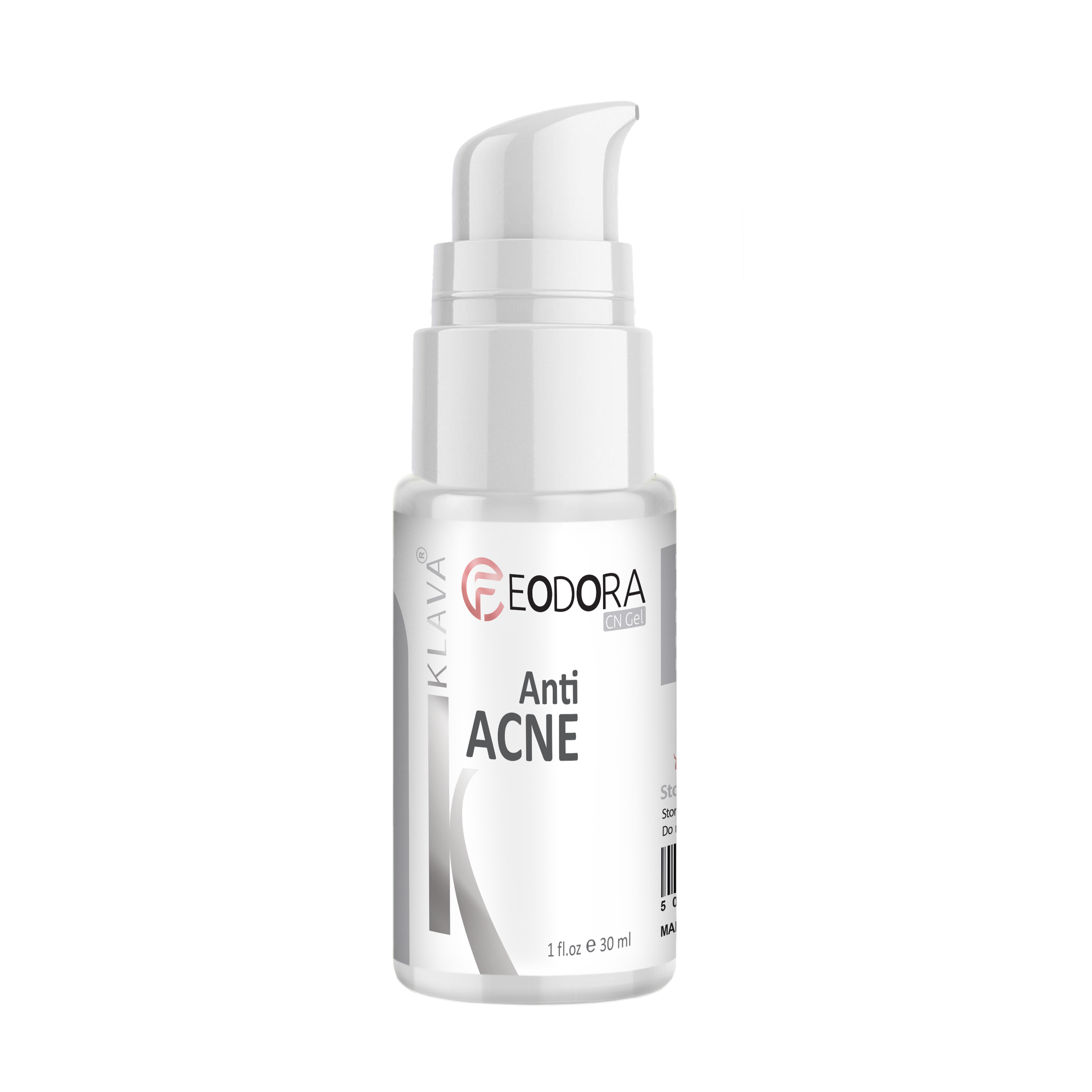
You are here to help yourself in your products.

Spectacular results thanks to the combination of our clinical formulations.
Discover our revolutionary treatments with growth factors for hair loss and skin care.
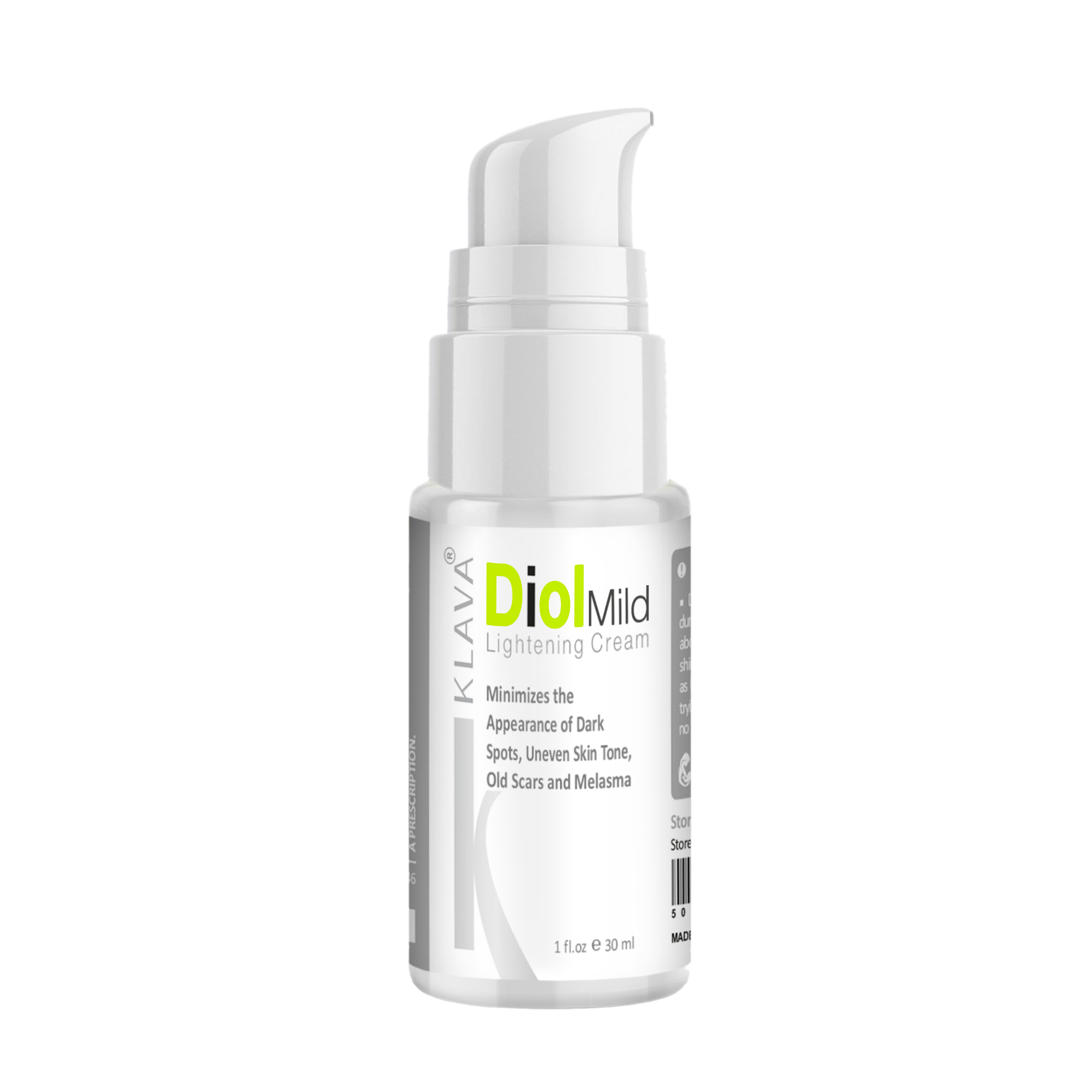
DIOL MILD CREAM (30ml)
Lightening Cream
See More ...
See More ...
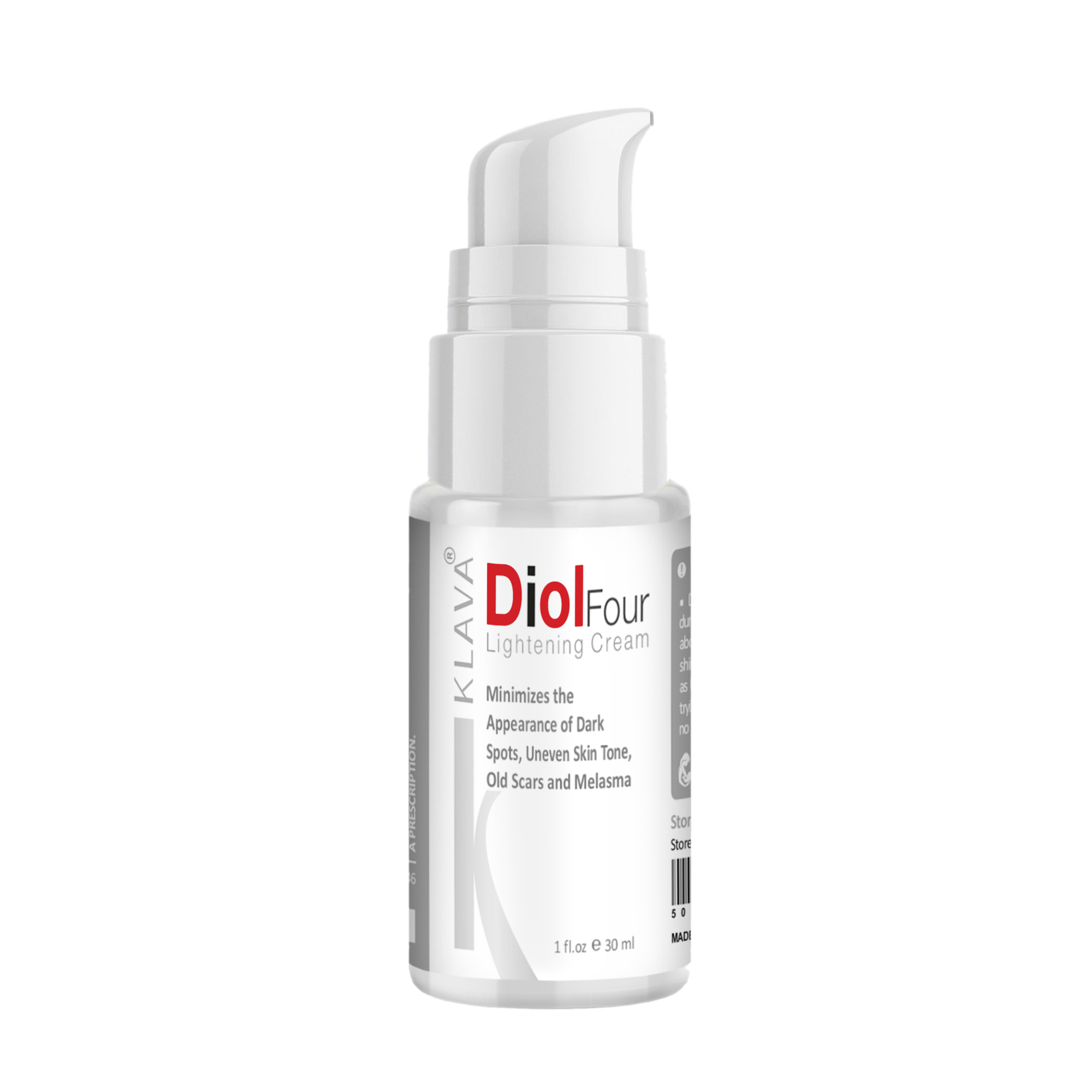
DIOL FOUR CREAM (30ml)
Lightening Cream
Lightening Cream
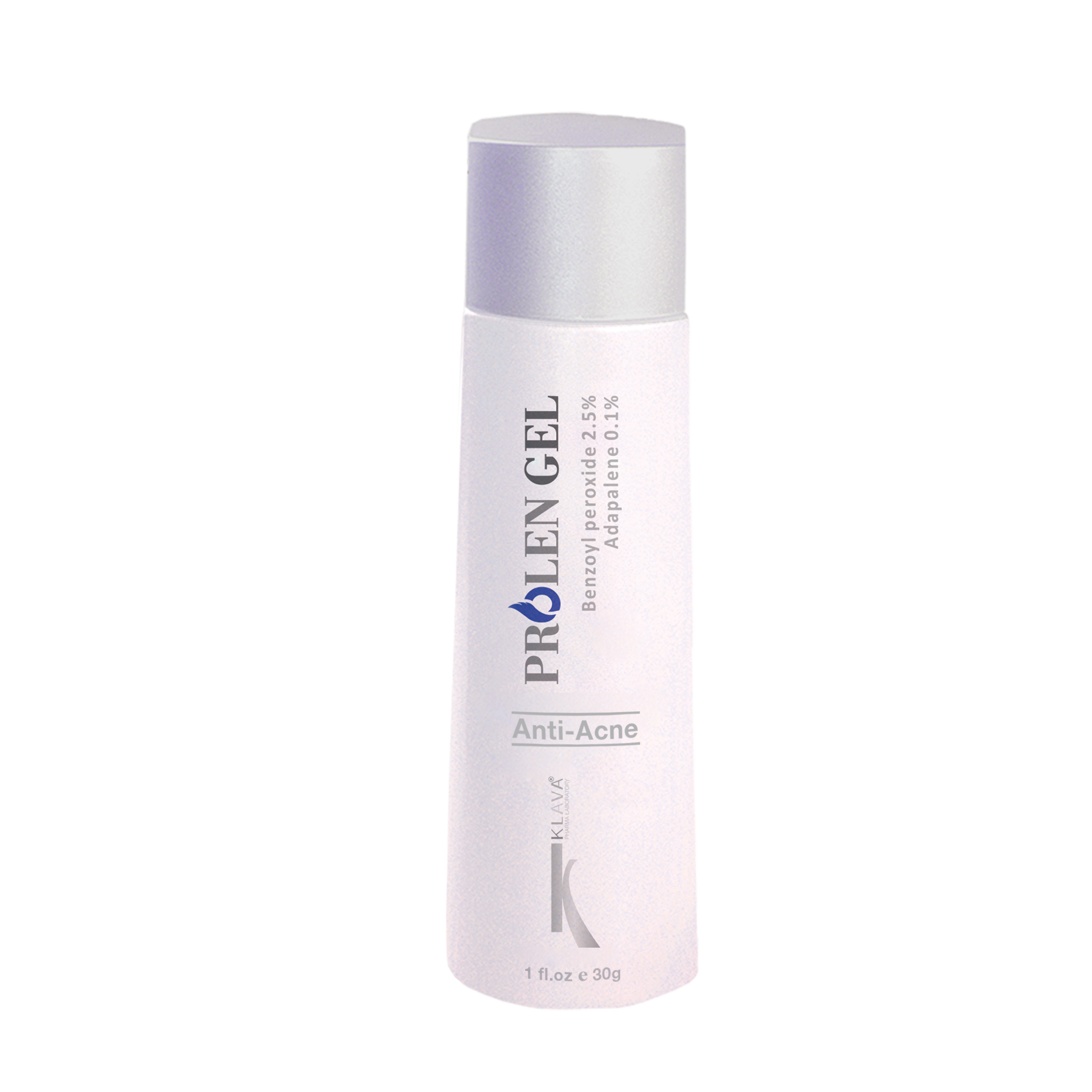
PEROLEN GEL (30g)
Benzoyl peroxide 2.5%
Adapalene 0.1%
Benzoyl peroxide 2.5%
Adapalene 0.1%
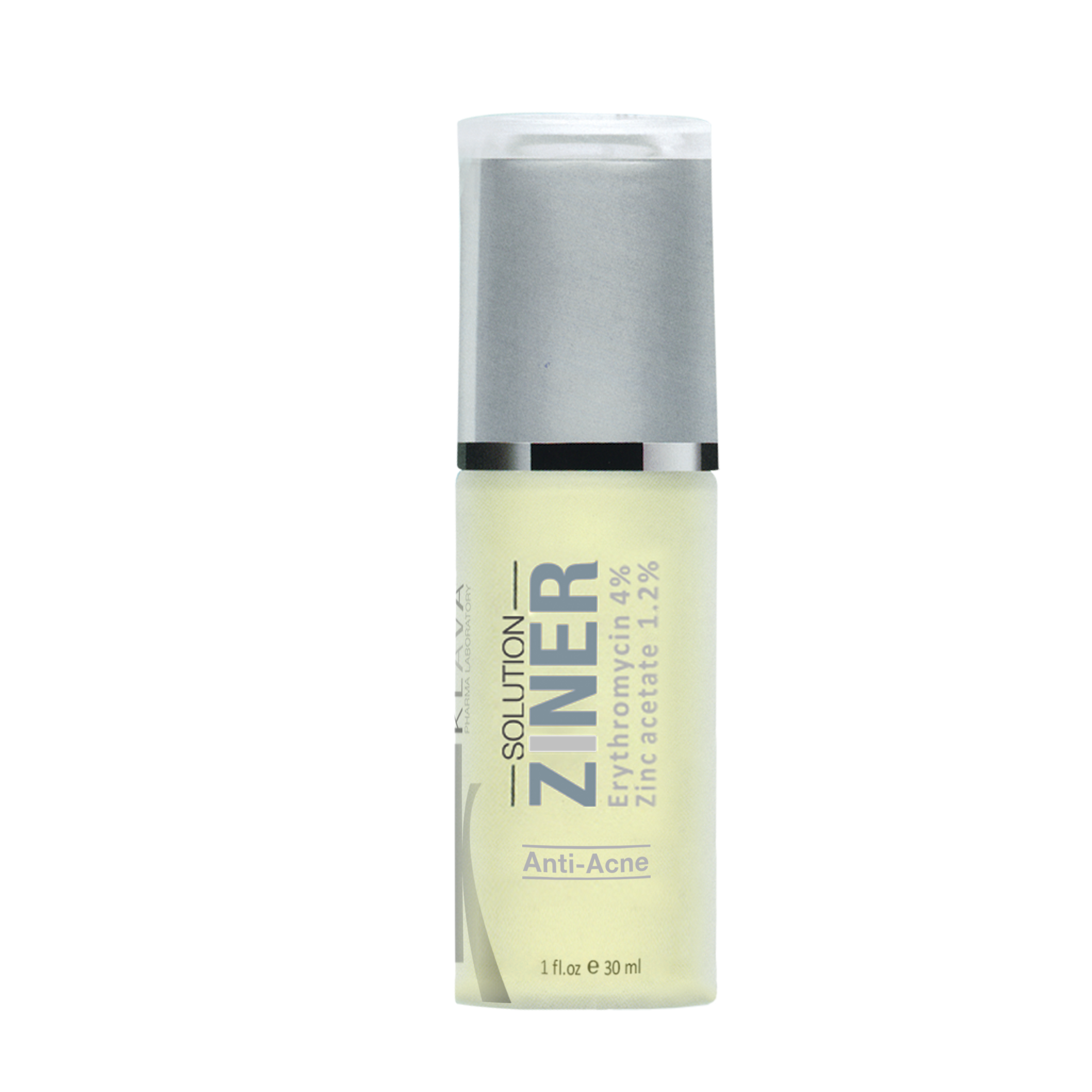
ZINER SOLUTION (30ml)
Erythromycin 4%
Zinc acetate1.2%
Erythromycin 4%
Zinc acetate1.2%
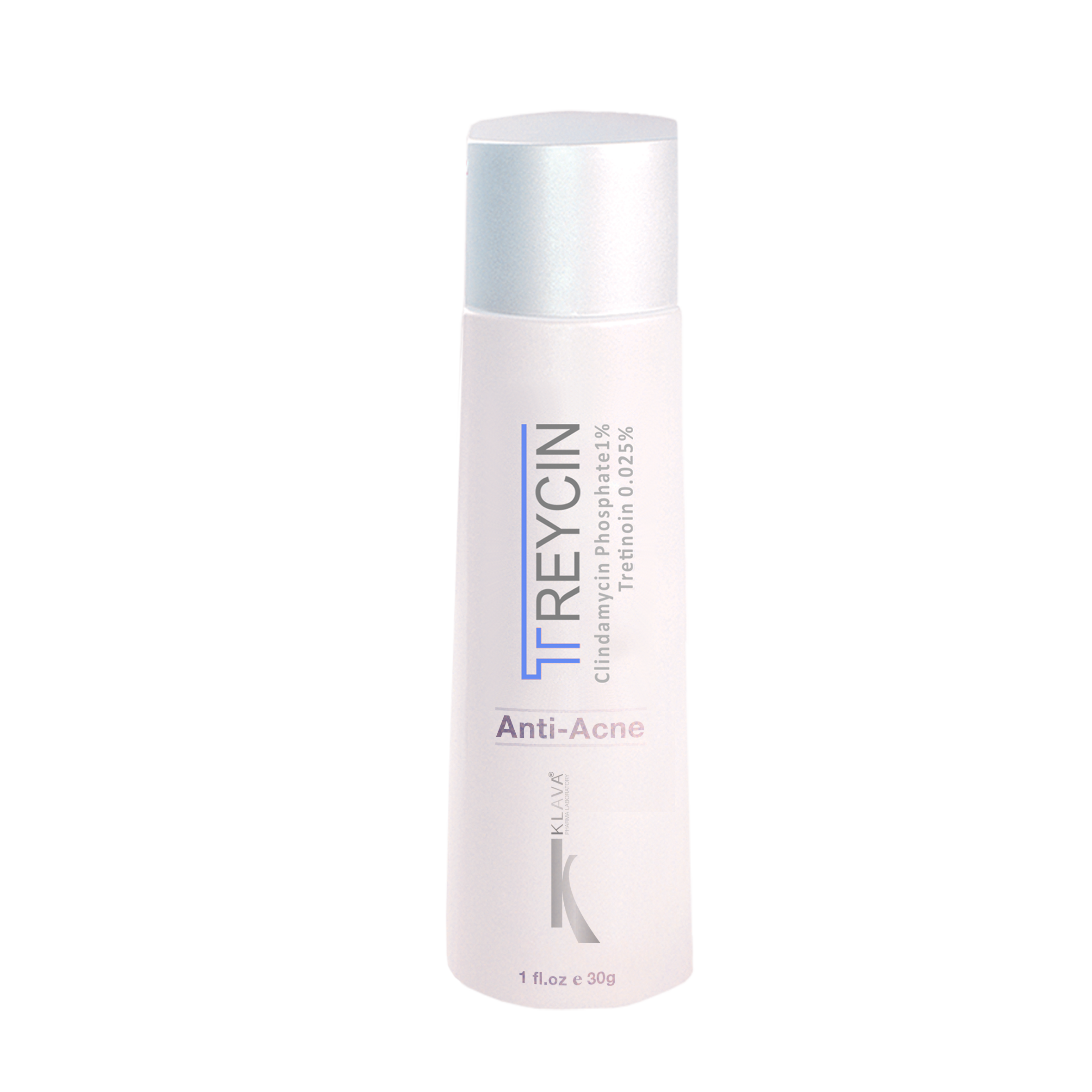
TREYCIN Gel (30g)
Clindamycin Phosphate 1%
Tretinoin 0.025%
Clindamycin Phosphate 1%
Tretinoin 0.025%
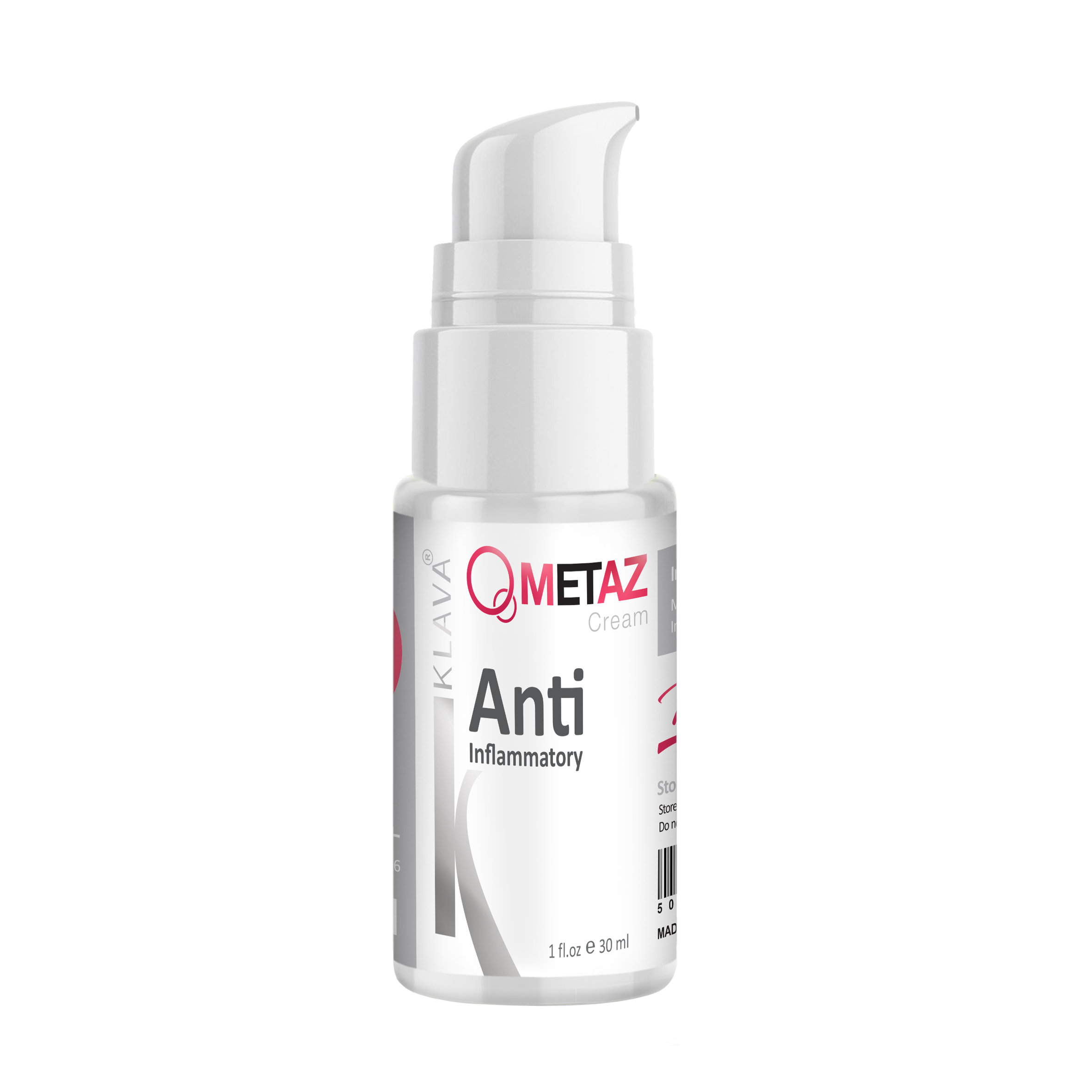
OMETAZ CREAM (30g)
Mometasone Furoate 0.1%
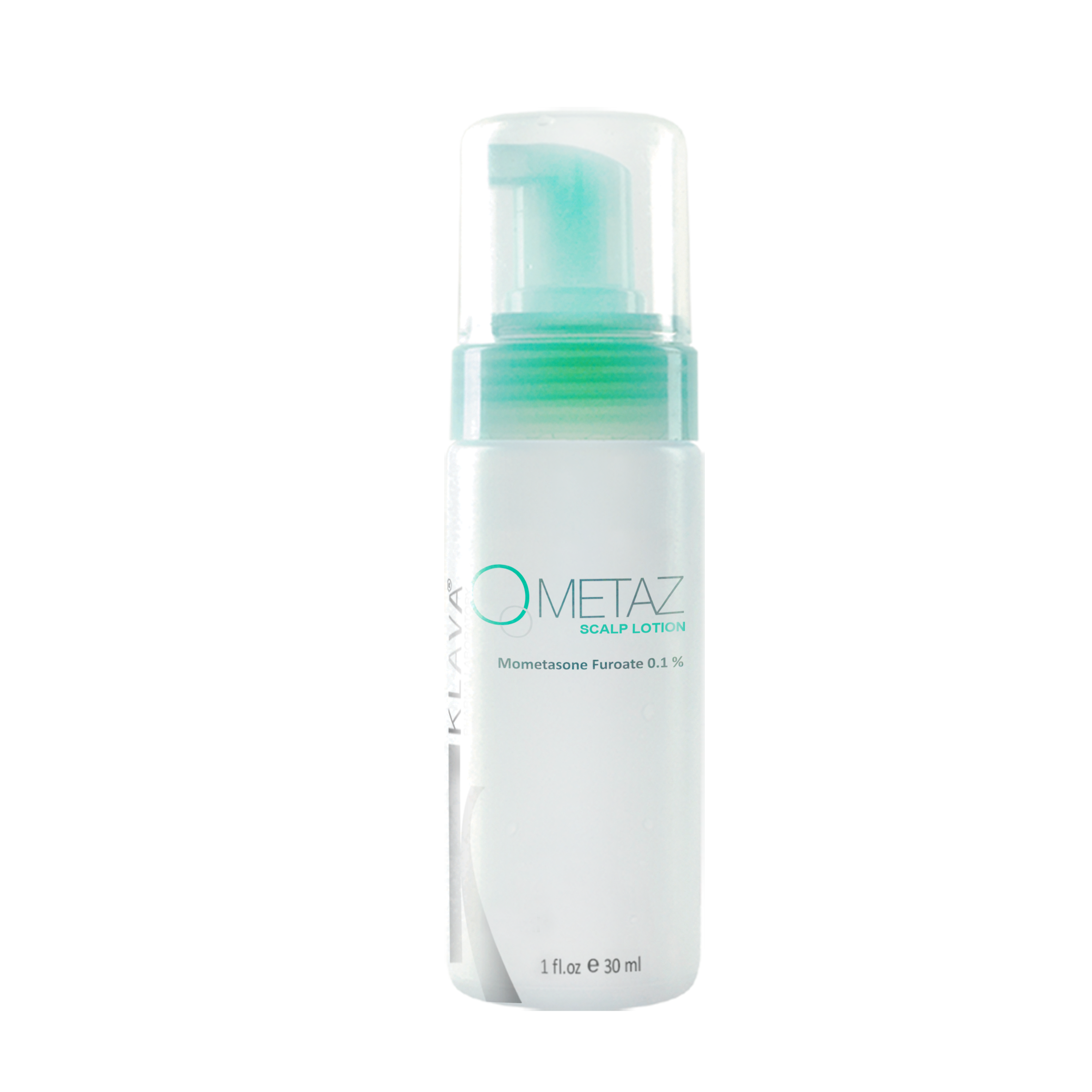
OMETAZ SCALP LOTION (30ml)
Mometasone Furoate 0.1%
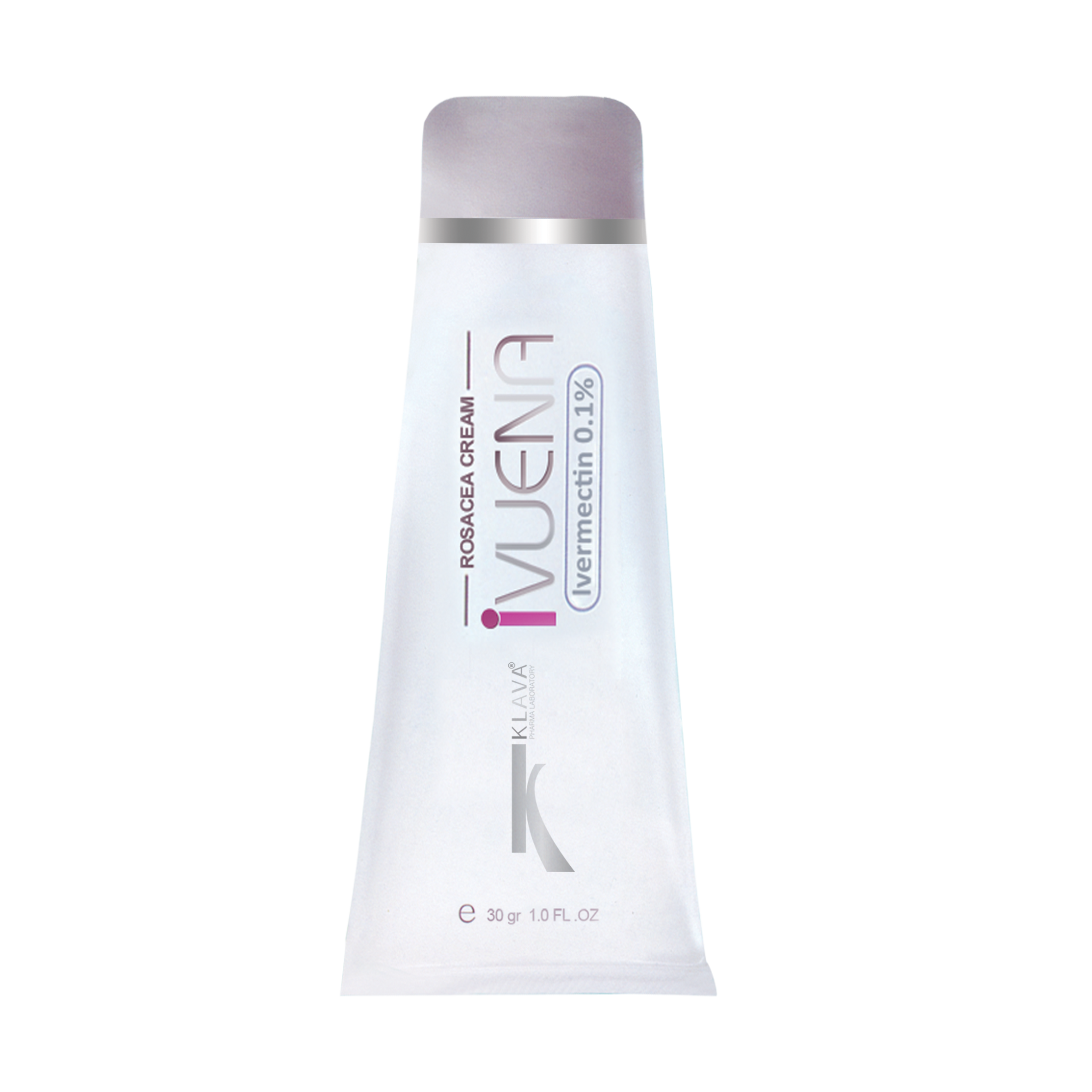
IVUENA ROSACEA CREAM (30g)
Ivermectin 0.1%
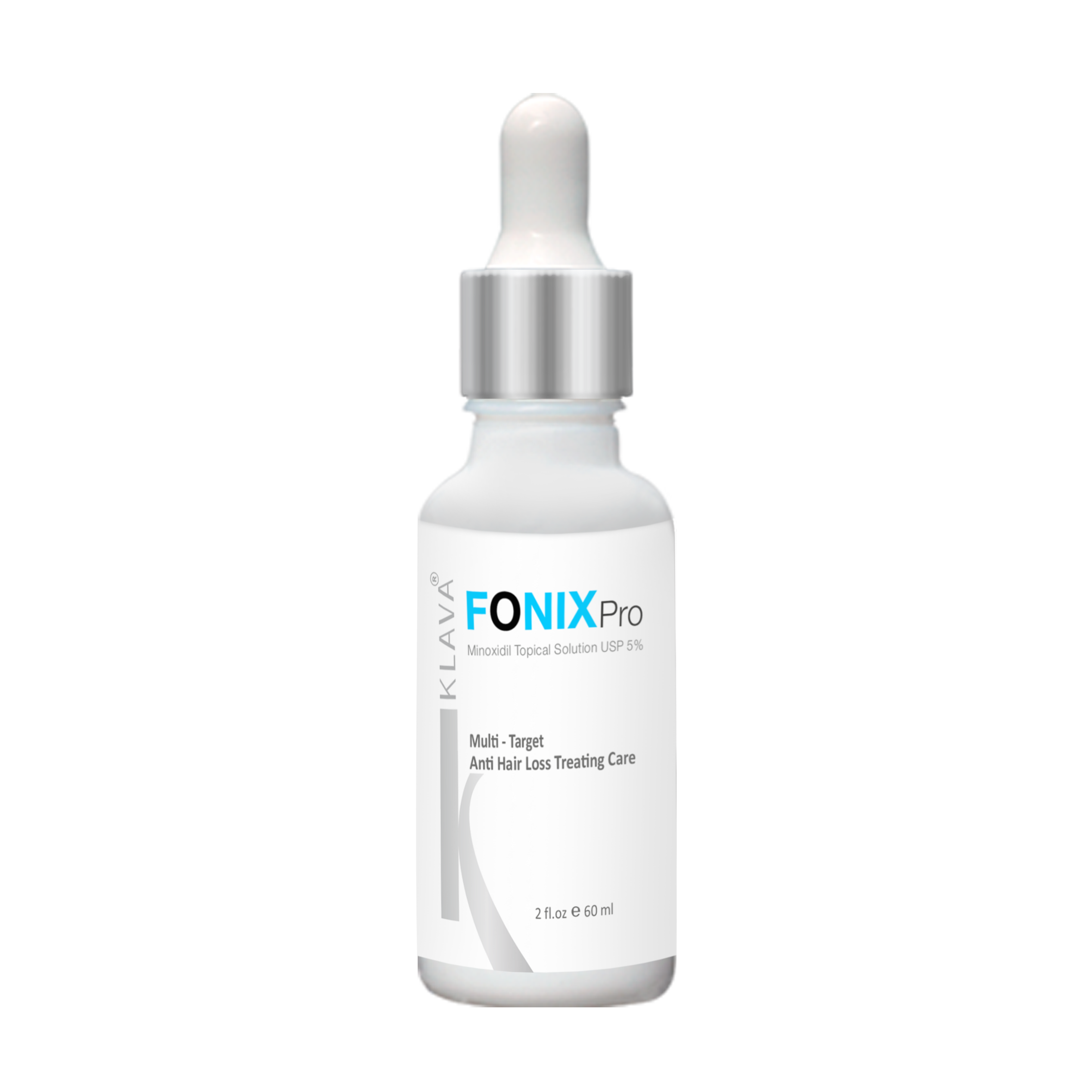
FONIX PRO (60ml)
Minoxidil 5% Topical Solution
Minoxidil 5% Topical Solution
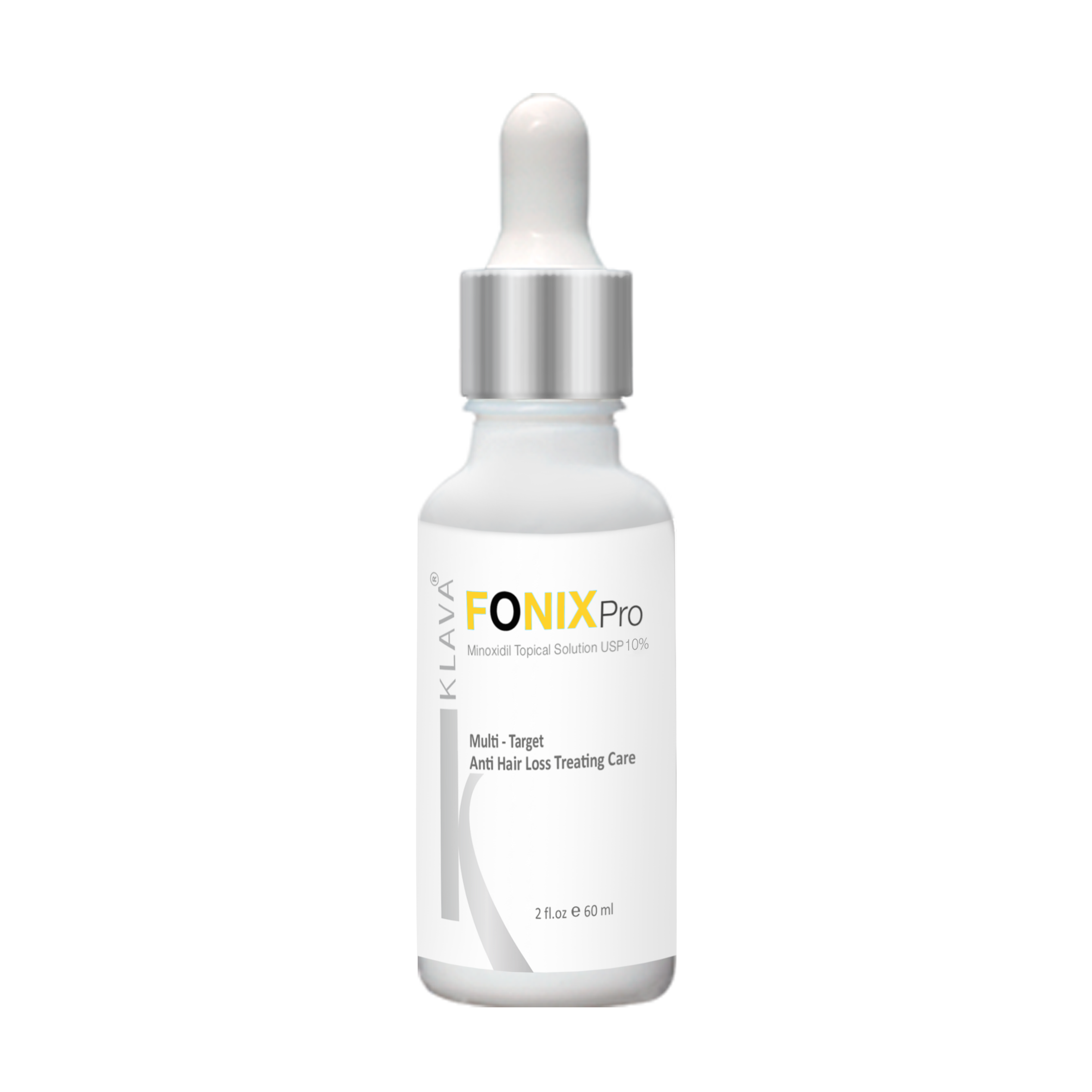
FONIX PRO (60ml)
Minoxidil 10% Topical Solution
Minoxidil 10% Topical Solution

